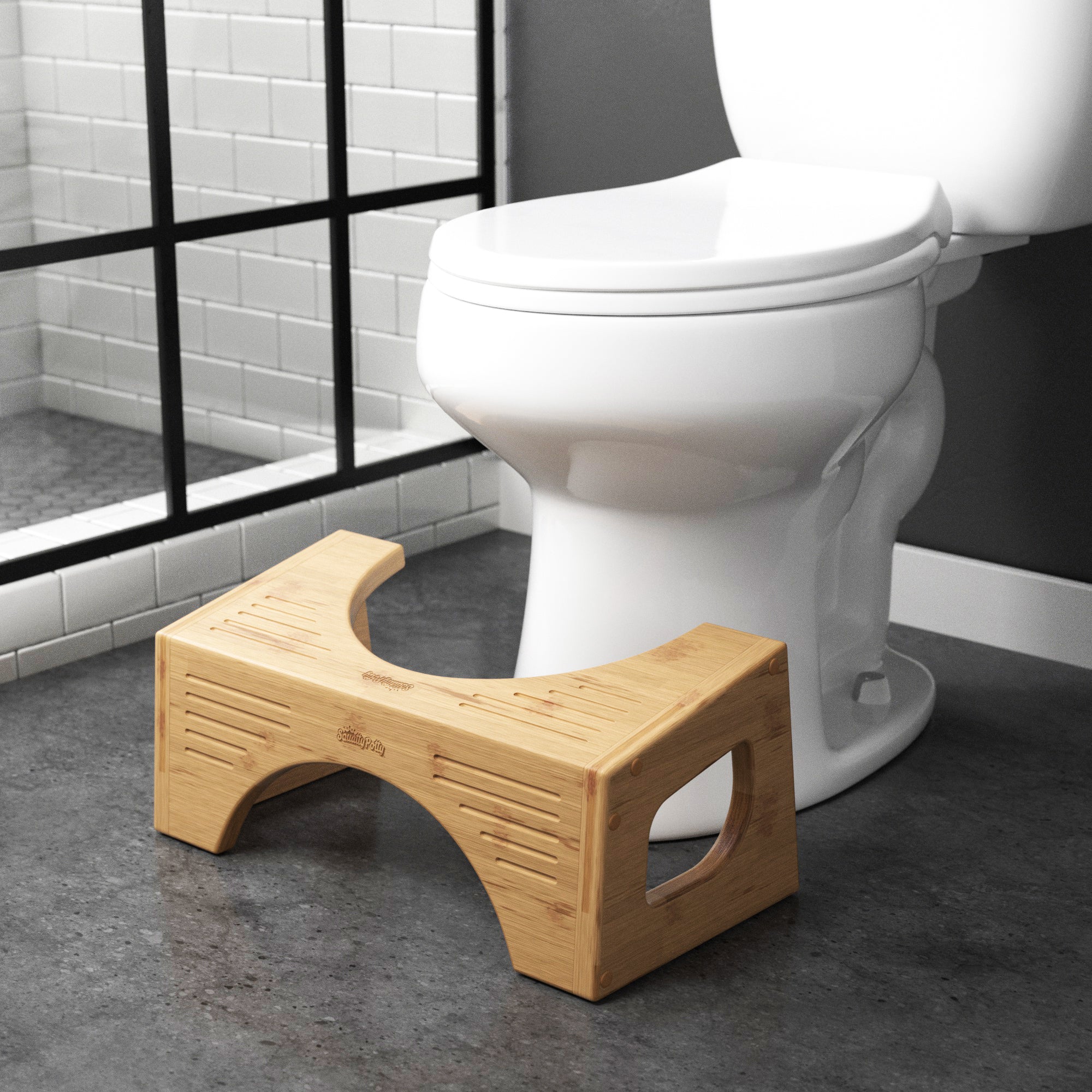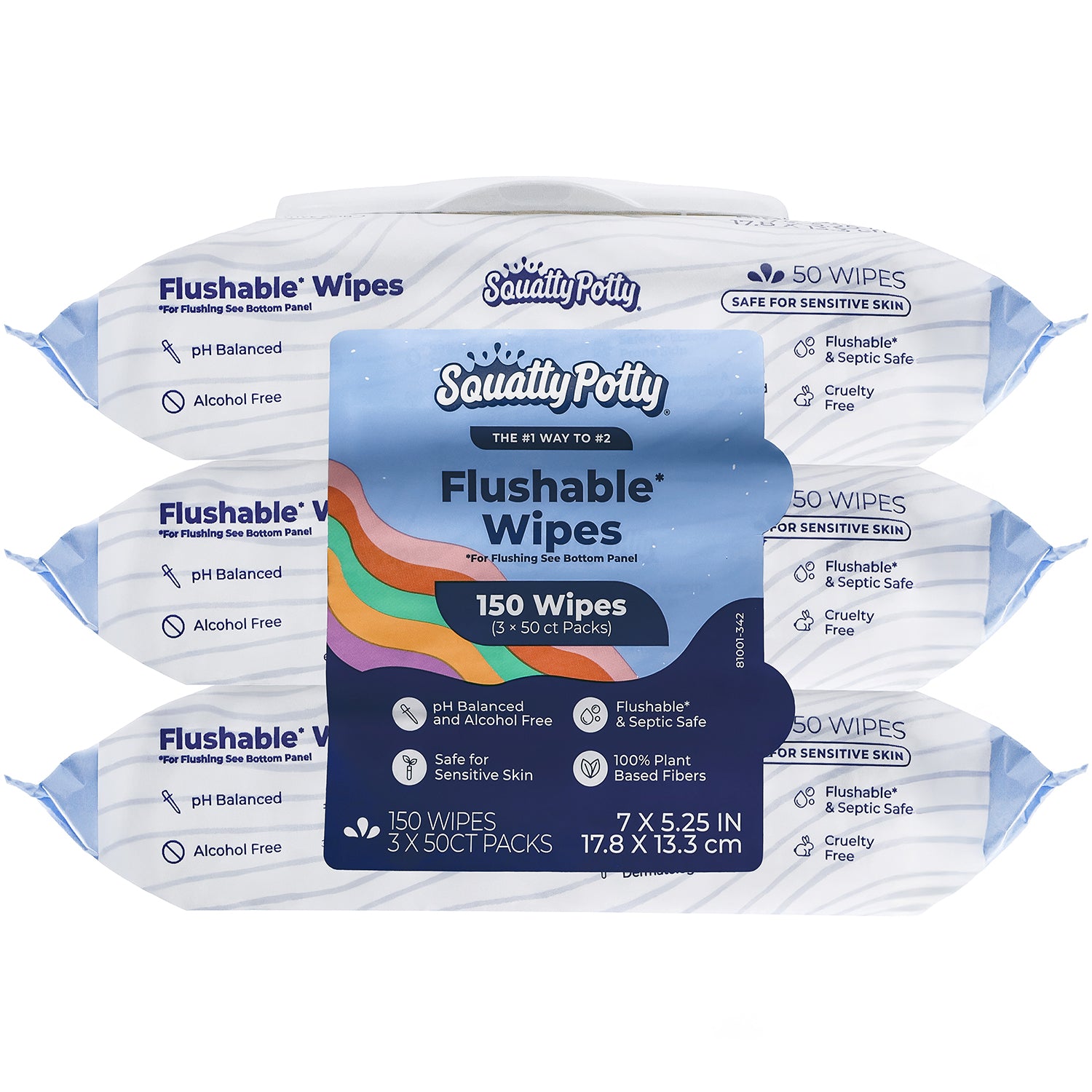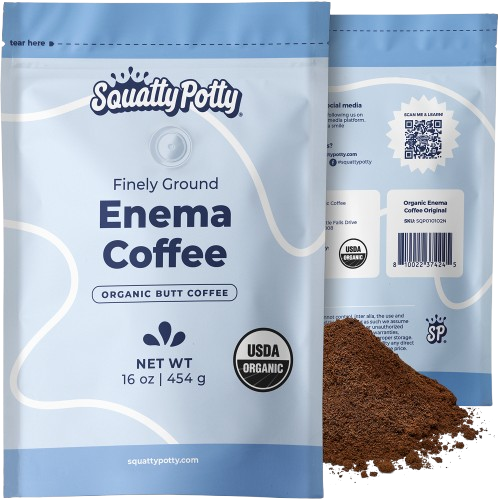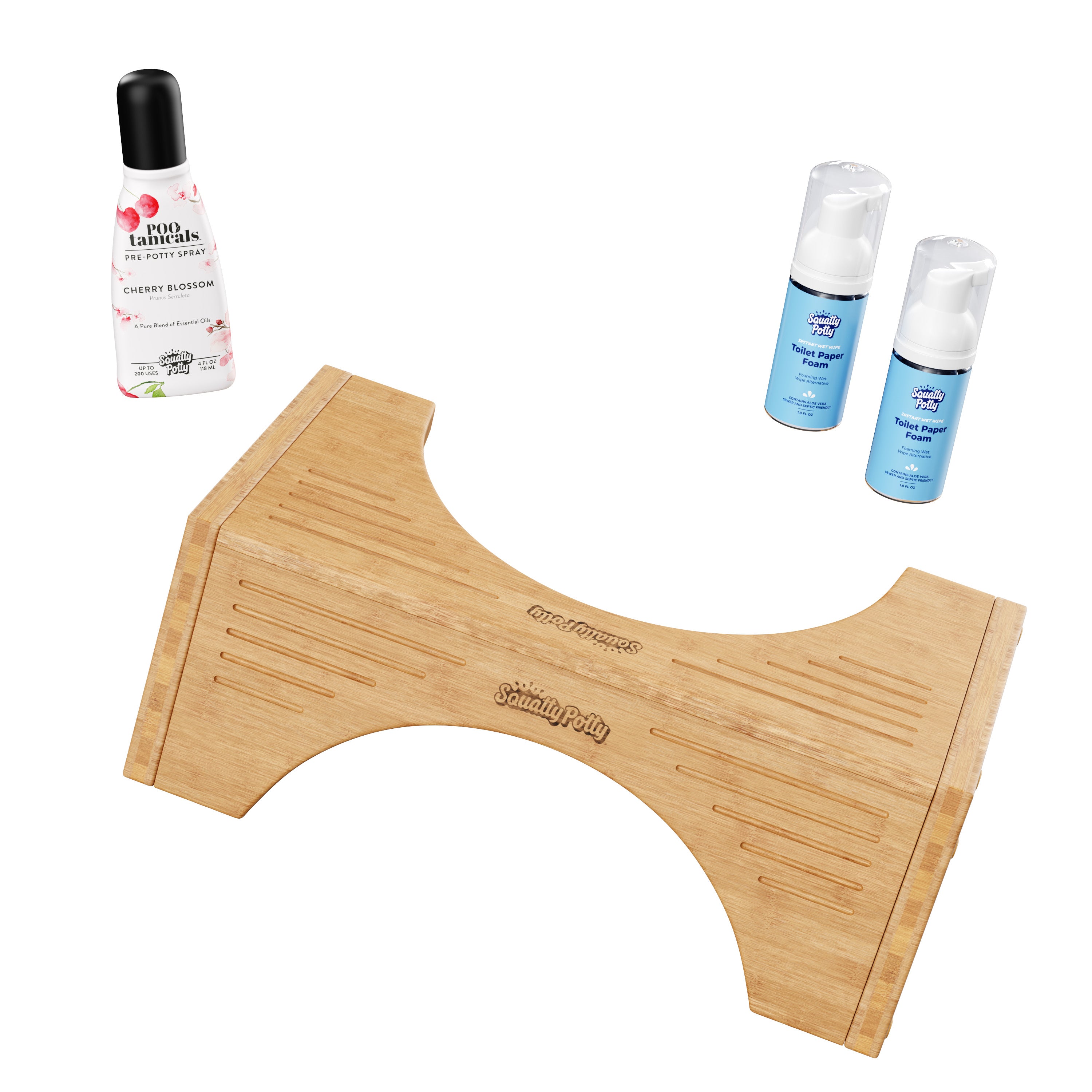Of course, poop problems are often and primarily diet related (the quality and quantity of the food and beverages consumed), but it’s no surprise that your brain and your mindset play an important role in how well, or not so well, you poop. After all, your bowels and your brain are connected.
Some doctors even refer to the gut as “the second brain” — an organ that can receive signals from and send signals to the brain. The connection is the enteric nervous system (ENS), a subdivision of the body’s autonomic nervous system (ANS), the part of the nervous system that controls unconscious bodily functions, such as breathing, heartbeat, and digestion. The ENS division of the ANS directly controls the gastrointestinal system. So, even though nothing you are consciously thinking is at fault, the problem could still be all or mostly “in your head.”
Although the problem may be in your head, the solution is likely to require attention to four areas:
- Diet
- Exercise
- Relaxation
- Squatting
Diet and Nutrition
The recipe for healthy pooping is almost cliché: Drink plenty of water and eat foods high in fiber. By “water,” we mean water without a whole lot of coffee or tea, alcohol, or sugary drinks (even fruit juice). By “foods high in fiber,” we mean fresh vegetables and fruits, nuts, and healthy whole grains.
The idea here is to regulate the colon. While we often think of water and fiber as foods that loosen stools and make you empty your bowels more, regulating the colon can help to alleviate diarrhea, too. Caffeine, you may be surprised to know, is counterproductive, because it is a diuretic which dehydrates the body, and because it stimulates the hypersecretion of gastric acids. And alcohol — which a lot of us like to drink when we’re on vacation or with clients during an overnight business trip — is generally considered a toxic substance that irritates the bowel and can even trigger an attack of irritable bowel syndrome (IBS).
Of course, if you have an acute bout of diarrhea or constipation, shifting from your normal diet can help:
- Diarrhea: If you have diarrhea, consider the BRAT diet — bananas, rice, applesauce, and toast, all of which have the effect of binding loose and runny stools. Yogurt may also help, making for a BRATY diet.
- Constipation: Fluids and fiber are your go-to foods for curing constipation. Legumes (beans, lentils, and peas), broccoli and spinach, nuts and seeds, berries, and most fruits (except bananas), are great choices. Chocolate may also help, but avoid cheese at all costs (because cheese is about as low in fiber as you can get).
Exercise
Exercise, or any physical activity, promotes overall health, including bowel health and activity. A sedentary lifestyle contributes to constipation by slowing the digestive system. Engaging in a consistent exercise routine, exercising at the same time every day, is best, even when you’re on the road.
One caution: Strenuous exercise can lead to dehydration, so increase your water intake accordingly.
Relaxation
Stress and anxiety contribute to both constipation and diarrhea, so learn to stay relaxed throughout the day. We understand that life can be stressful and that you cannot possibly eliminate all the stressful situations (and people) in your life, but you can change the way you respond to stress. Practices such as mindfulness meditation are very helpful for throttling your stress response, because they train your mind to stay in the present instead of allowing regrets of the past or concerns about the future from triggering emotional reactions.
Yoga, mindfulness, and other relaxation techniques are also helpful in eliciting the relaxation response — a psychological state of deep restorative rest that alleviates stress and anxiety and helps to regulate blood pressure, heart rate, and oxygen consumption. Practicing Yoga or mindfulness meditation 15 to 20 minutes a day has proven useful for treating gastrointestinal disorders, as well, specifically IBS and inflammatory bowel disease (IBD).
Squatting
While most doctors provide much of the same advice we present in this post, few doctors focus on one of the most important factors that contribute to bowel regularity — posture. In fact, the Squatty Potty itself was conceived shortly after a therapist recommended to our founder’s mother that she try squatting to relieve her constipation. In other words, when you assume the position to ease your burden, “don’t sit, squat,” she was told. And the same goes for you… give your poop a free corridor to exit the building. Squatty Potty can help. And if you commonly suffer from traveler’s constipation, consider getting another Squatty Potty to take along with you — the Porta Squatty.
The take-away lesson here is this: If you’re worried about pooping, stop. That worry and others could be contributing to your pooping problems, and that is something that we here at Squatty Potty cannot accept. We are committed to helping you eliminate your poop, and in so doing, rectify poop related issues.
Instead of worrying, take steps to regulate your bowel movements — eat right, drink plenty of water, exercise, relax, and … squat!










